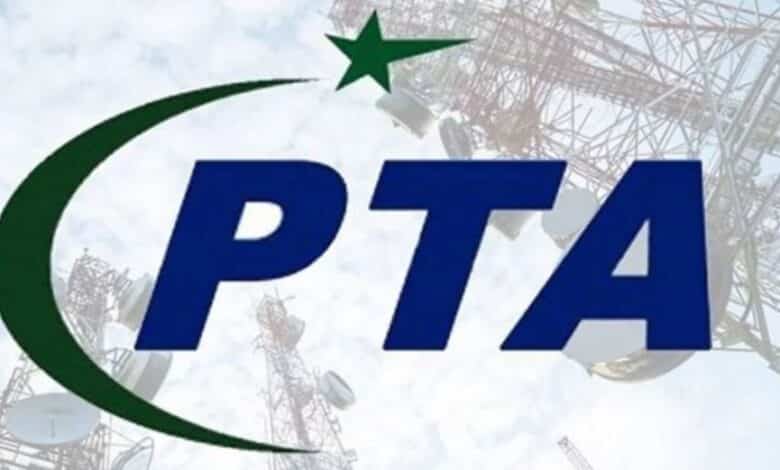PTA proposes new regulatory framework for OTT services.
“PTA will analyse responses and decide accordingly,” says spox.
Framework proposes monitoring overseen by ministries.
The Pakistan Telecommunication Authority (PTA) has proposed a new regulatory framework requiring all Over-The-Top (OTT) services, including YouTube, Netflix, WhatsApp, Facebook, and X (Twitter), to register locally for a period of 15 years.
According to a 14-page draft available on its website, the PTA recommends that OTT Communication Services operating in Pakistan obtain a 15-year license from the regulatory body.
Malahat Obaid, the spokesperson for PTA, told Geo Fact Check that the draft paper has been published to solicit feedback from stakeholders, with a deadline for public feedback set for July 10.
“PTA will analyse the responses and decide accordingly,” Obaid said over the phone.
The PTA categorises OTT services into three groups: Communication services (e.g., Viber, Skype, WhatsApp), Application services (e.g., Facebook, Twitter, Instagram), and Non-Broadcasting Media Services (e.g., YouTube, Netflix, Spotify).
If implemented, OTT services would need to comply with the new authorisation framework within 12 months, after which services without the PTA authorisation would be considered illegal, according to the draft.
The draft framework cites the controversial Removal and Blocking of Unlawful Online Content Rules 2021, to insist that OTT services register locally.
In May 2022, the Islamabad High Court had directed the government to review the 2021 Rules to ensure they align with constitutional rights. Yet, no revisions have been made to date.
Furthermore, the new framework proposes that “personal data” must be stored exclusively in Pakistan, and content monitoring and evaluation be overseen by relevant government ministries and organisations.
When asked about the rationale behind requiring local registration and the implications for non-compliant OTT providers, as well as how the PTA intends to ensure the privacy and security of Pakistani user data stored locally, the PTA’s spokesperson did not respond by the time this report was filed.
PTA wants more control, say digital rights activists.
Digital rights activists warn that the PTA’s move reflects a desire for increased control over online content.
Farieha Aziz, the co-founder of Bolo Bhi, an advocacy forum for digital rights, noted that the PTA previously attempted similar regulations in 2020. “This is not new. They have tried this earlier as well,” she said, “They [PTA] want as much control over online content as they can get.”
In 2020, Usama Khilji, director of Bolo Bhi, criticised such regulations in an opinion piece for Dawn, citing potential impacts on freedom of speech and press freedoms. He further wrote that such requirements “will force international OTT TV companies to exit the country rather than invest further”.
The 2020 proposed regulation was later rejected by the Senate Functional Committee on Human Rights.
Khilji told Geo Fact Check that the recently proposed framework has similar intentions: localising online data of Pakistani users.
He explained that at the moment OTT companies store data in servers located abroad, such as in countries like Singapore or America, where large amounts of money is spent to keep the data secure and in an encrypted form.
“But PTA wants social media companies to store their data in Pakistan,” he said, over the phone, “So that whenever the government asks for [a private citizen’s] data, these companies will have to provide access.”

